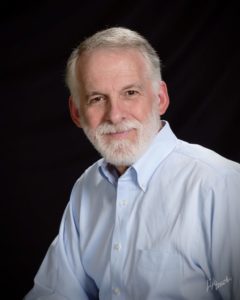This Simpler Living OneEarth Podcast is a co-production of Simple Living Works! and The Common Good Podcast (OneEarth Jubilee).

The U.S. economy stumbled badly under the weight of the coronavirus pandemic. The new administration in Washington has inherited the worst jobs market in modern times. The challenge to find paths of recovery for households, small businesses, states, and more has been engaged. Here on the Simpler OneEarth Living podcast we pursue an economic model we call OneEarth Jubilee. Today we talk with an economist about assumptions that underlie the current national economy and initiatives people are taking that show different assumptions and economic models are possible.
This episode took me into conversation with economist, Barry Shelley, senior lecturer at Boston University. In Jubilee Economics Ministries we benefit greatly from Barry because he is an economic advisor to JEM’s understanding and practice of an alternative economy rooted in creation more than wealth accumulation or maximization of profits. This conversation with Barry focuses in three areas: (1) the underlying assumptions of the prevailing economy and the challenges in moving our economy in new directions, (2) the discussions happening among professional economists about changes and different economic models, and (3) local initiatives he considers important in showing that alternative sub-economies can be created within the larger, prevailing economy.
Barry Shelley is senior lecturer at the Pardee School of Global Studies at Boston University. He went to that work after three decades of experience as a practitioner, teacher, and researcher focusing on the political economy of international development and the environment, particularly in rural areas of the Global South. Most recently, he served as Global Advisor for Agriculture and Climate Change for Oxfam America. There he contributed to organization-wide strategy and research and traveled often to support national teams in Asia, Africa, and Latin America. Previously, he taught in the MA program in sustainable development at Brandeis University and undergraduate courses at Wheaton College in Norton, Massachusetts; conducted research in Mongolia and Latin America; and worked in El Salvador with both U.S.-based and national NGO’s or non-governmental organizations. His shift to international work followed jobs as an organizer and program leader in U.S. domestic social-change programs.
